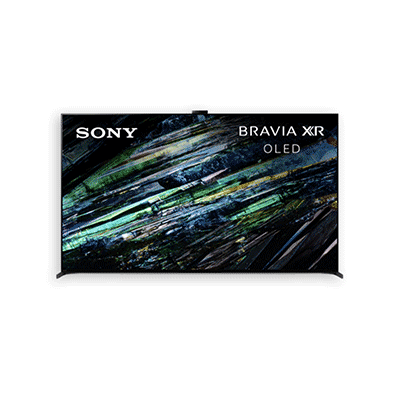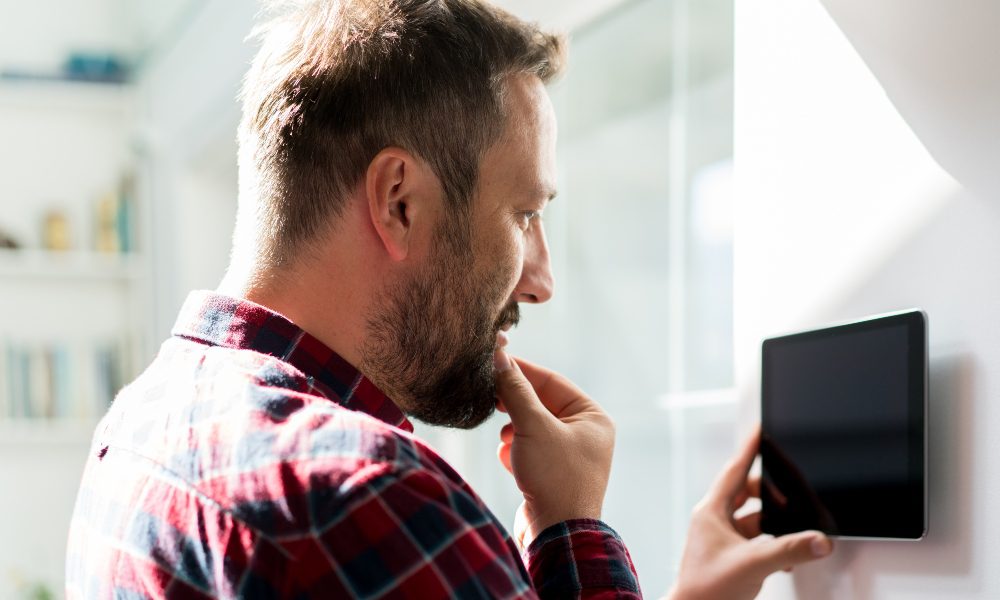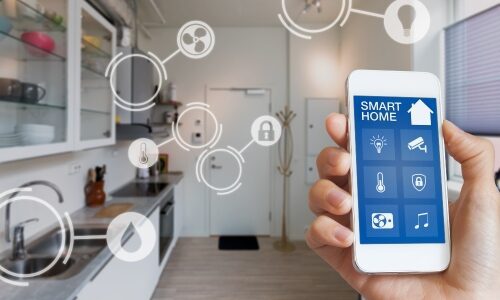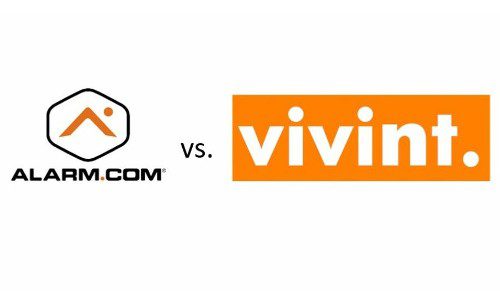Smart home device adoption is increasing, with nearly 30% of U.S. internet households now having three or more smart home devices, according to new research from Parks Associates.
The consumer technology market research firm says its new Smart Home Consumer Insights Dashboard shows increased smart home adoption among U.S. households with an internet connection, showing that the average household with a smart home device has 7.1 smart home devices.
In addition, 40% of U.S. internet households have a security solution, and a quarter have professional monitoring.
The firm’s research shows that the smart home device category actually declined at the end of 2022 due to inflation and economic uncertainty impacting consumer spending. However, robotic vacuum cleaners, smart cameras, video doorbells and thermostats all saw higher purchase rates than in 2021.
Meanwhile, the company’s Smart Home Buyer Journey report shows that more than 40% of U.S. internet households own a smart home device, 62% own a smart TV, and 87% subscribe to a video streaming service.
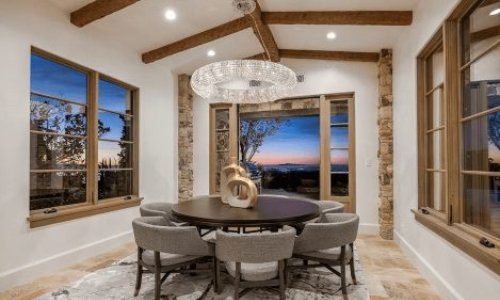
The Future of Digital Lighting & Control
As a custom integrator, lighting is in demand. Effective communication, education and showcasing the value proposition of LED light fixtures in conjunction with integrative control systems are the keys to overcoming challenges and closing sales in this specialized market. Join us as we discuss the future of digital lighting and control with David Warfel from Light Can Help You and Patrick Laidlaw and Mark Moody from AiSPIRE. Register Now!New households are entering the smart home market with just one or two devices, which is bringing down the average number of smart home devices owned. However, Jennifer Kent, vice president of research at Parks Associates, says that is an overall positive result.
“The security industry is a strong channel for smart home devices and new services, with many opportunities to connect different ecosystems through the security system platform,” Kent says in a LinkedIn post.
Parks Associates’ research also shows that 13% own a smart light bulb, and 6% have a smart lighting control system.
However, the smart lighting category is on the rise, as consumers want smart products that help them conserve energy and work with other smart home devices. According to the firm’s research, just 8% said they owned a smart light bulb in 2017, and 5% said they owned a smart lighting control system.
If you enjoyed this article and want to receive more valuable industry content like this, click here to sign up for our digital newsletters!


